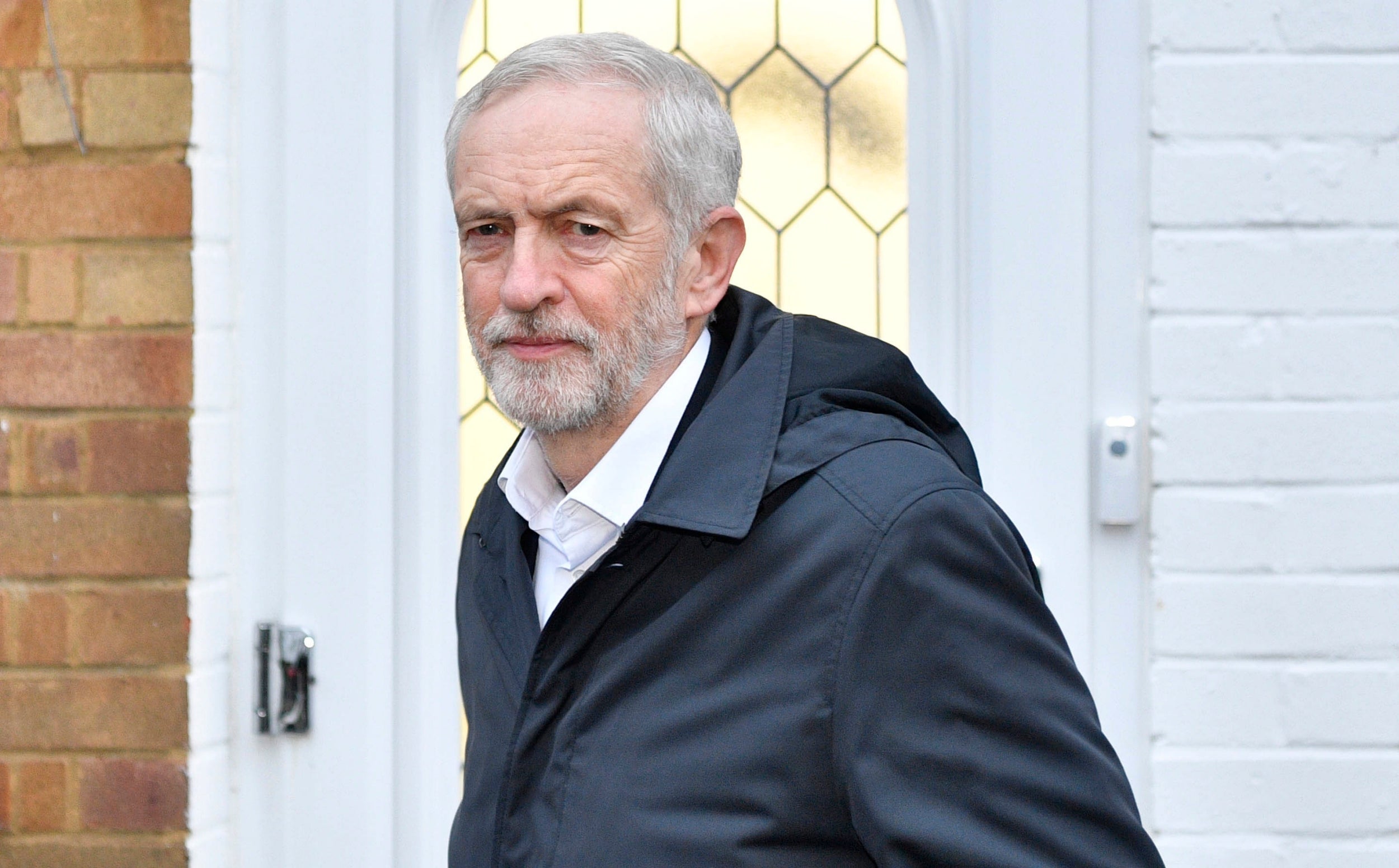Britain’s shifting political landscape is such that anything could happen in the year ahead
Events are increasingly hard to predict, but John Rentoul gives it a shot anyway


My late colleague Alan Watkins used to write an end-of-year column, adorned with an etching of him in an 18th-century wig, which he called his Almanack of predictions for the coming year. These were masterpieces of wit in mock-Swiftian style, all antique spellings and Occafionall capital letters.
In his last Almanack in 2006, Watkins claimed that most of the predictions he had made the previous year “hath infallibly come to pass, viz. ... that in the Month of August Master Anth. Blair, that (under God) is at the Head of Affairs, will make a Journey of the utmost Splendour and Magnificence, accompanied by a Retinue worthy of the Queen of Sheba herself, as is related in the ancient Documents...” and so on. He had predicted no such thing, of course, but no one was going to go back and check.
I cannot imitate the wonderful style, but any fool can make predictions and hope that, by this time next year, other people will have more important things to do than dredge up old articles to try to score petty points. So here goes.
In January, I predict there will be votes in the House of Commons and a certain amount of uproar. There may be singing, clapping and other unparliamentary behaviour. A Scottish Nationalist, upset at not having thought of it first, will pick up the mace and wave it about.
In February, Jeremy Corbyn will momentarily lose his “Monsieur Zen” calm when journalists at a news conference about Labour’s plans for renationalisation devote all their questions to his brother’s view that the moon landings were faked. The Labour leader will cause a furore by confusing Neil Armstrong and Neil Kinnock.
In March, at 11pm on the 29th, the Verhofstadt-Schrödinger compromise will come into effect, by which the UK both leaves the EU and stays in it, with individual citizens allowed to choose which status they prefer. Theresa May will say nothing has changed.
In April, Westminster will be rocked to its foundations by the return of Ed Miliband to what Watkins used to enjoy calling the cabinet fantôme. As shadow digital, culture, media and sport secretary, Miliband will announce draft legislation for the election of the director general of the BBC by licence-fee payers. Owen Jones immediately publishes his manifesto, proposing a name change to PBC, People’s Broadcasting Collective.
In May someone on Love Island will ask what Brexit was.
In June, absolutely nothing will happen, and journalists will be spotted pleading with passers-by on Victoria Street: “Tell me some news.”
In July there will be a sex scandal of some sort, involving a cabinet minister, assignations at “The Place To Eat” in John Lewis and secret messages conveyed by means of different coloured rubbish bins left out on Tuesdays. These are, as Watkins used to say, deep waters, and we will move swiftly on.
In August, the two new TV channels launch: Fox News and the Novara Media Broad Left Coalition Incorporating Skwawkbox and the Canary. They are immediately engaged in a bidding war for I’m a Celebrity... Get Me Out of Here!, Strictly Come Dancing and Doctor Who, which they want to rebrand as propaganda vehicles.

In September, the joint Fox-Novara cage-fighting debate format at the Labour Party conference in Brighton is hailed in some quarters as a triumph and in others as a disgrace after police break up clashes between rival right-wing and left-wing groups of gilets jaunes.
In October the Conservative Party conference in Manchester is themed as an Abba tribute rally, with the high point being Theresa May’s dramatic entrance (fireworks, ticker tape, balloons) and her rendition of “Dancing Queen”. Cabinet ministers’ speeches have been binned for rewritten lyrics of Abba’s greatest hits. David Lidington’s version of “Take a Chance on Me” was so accomplished that Björn, joining the conference by video link from Stockholm, invited him to join the band on their reunion tour.
In November, a surprise royal baby provokes several days of debate about the name, and whether Xanthia is actually a kind of gum.
On 12 December, with the expiry of the 12-month ban on leadership challenges, Sir Graham Brady will issue a press release to announce that he has received the 50 letters needed to trigger a vote of no confidence in Theresa May – the number having increased as a result of Labour defections and by-election gains.
The prime minister will lose the vote among Conservative MPs by a two-to-one margin, despite being more popular with the general public than Tony Blair in his pomp. A record field of 17 candidates will be whittled down by MPs to two: Penny Mordaunt and Michael Gove.
If you want to know the outcome of the ballot among Tory party members, which will not be held until January 2020, you will need to wait until this time next year. But all the rest, in Watkins’s words, will “infallibly come to pass”.
Join our commenting forum
Join thought-provoking conversations, follow other Independent readers and see their replies
Comments